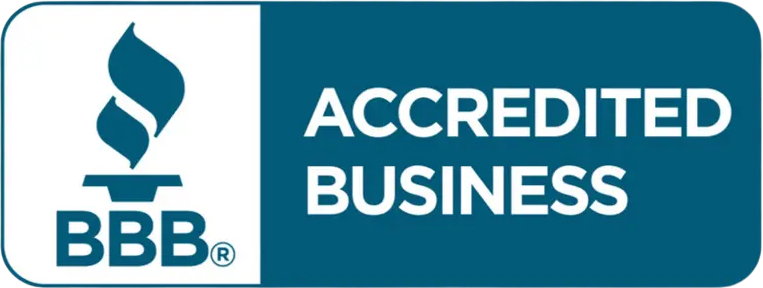The Difference Between 1099-C Cancelled Debt Exclusions and Exceptions

Whether you received a 1099-C or not outstanding debt that’s been cancelled has to be reported as income. The good news is you may qualify for special exceptions, and/or exclusions that could eliminate negative tax consequence. Not understanding what’s available to you, as it relates to tax treatment of cancelled debt, could expose you to unwanted tax liability, interest and penalties.
The Internal Revenue Code (IRC) provides many exceptions to the rule that cancelled debt be included in income. In determining the amount of liability considered non-taxable you must first apply exceptions before exclusions. One of the reasons for this is that exclusions may require you to reduce your tax attributes and exceptions don’t. A tax attribute is one of a range of specific measures in the federal income tax calculation process that benefits the taxpayer. It’s relevant in cases when a taxpayer is insolvent or bankrupt. Generally, you will not have income from debt cancelled from gifts, devises, bequest, or inheritance. Also, according to IRC, “Student Loans Certain student loans provide that all or part of the debt incurred to attend a qualified educational institution will be canceled if the person who received the loan works for a certain period of time in certain professions for any of a broad class of employers. If your student loan is canceled as the result of this type of provision, the cancellation of this debt isn’t included in your gross income” (pup 4681, irs.gov). Certain criteria must be meant to qualify. Another exception is deductible debt If you use the cash method of accounting, you don’t realize income from the cancellation of debt if the payment of the debt would have been a deductible expense. Another exception is the “Price Reduced After Purchase” exception. If debt you owe the seller for the purchase of property is reduced by the seller at a time when you aren’t insolvent and the reduction doesn’t occur in a title 11 bankruptcy case, the reduction doesn’t result in cancellation of debt income. However, you must reduce your basis in the property by the amount of the reduction of your debt to the seller (pup 4681, irs.gov). In addition, though some debt cancellation resulting from home loan modification may result in the cancelled amount being included in income, you may be able to spread the amount cancelled over a three-year period. For more information, see www.irs.gov/ uac/PrincipalReductionAlternativeUndertheHomeAffordableModificationProgram and Revenue Procedure 2013-16.
Exclusions include, but are not limited to bankruptcy, farm indebtness, qualified real property business indebtness, and qualified principle residence indebtness. Each of the aforementioned may have special rules that may limit the amount of debt excluded. Remember, determine exceptions first before applying any applicable exclusions. This will assist you in maximizing tax benefit, and provide the best opportunity to minimize any potential tax liability as a result of cancelled debt.













